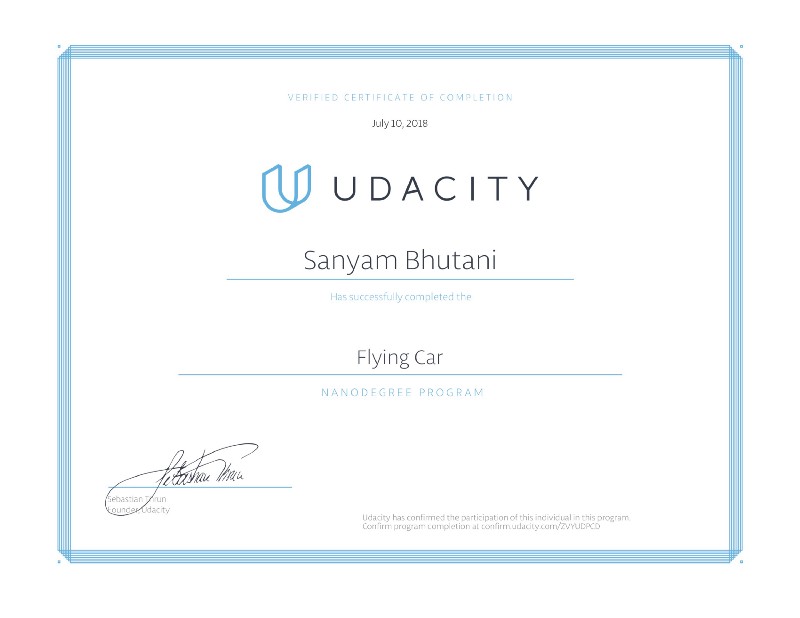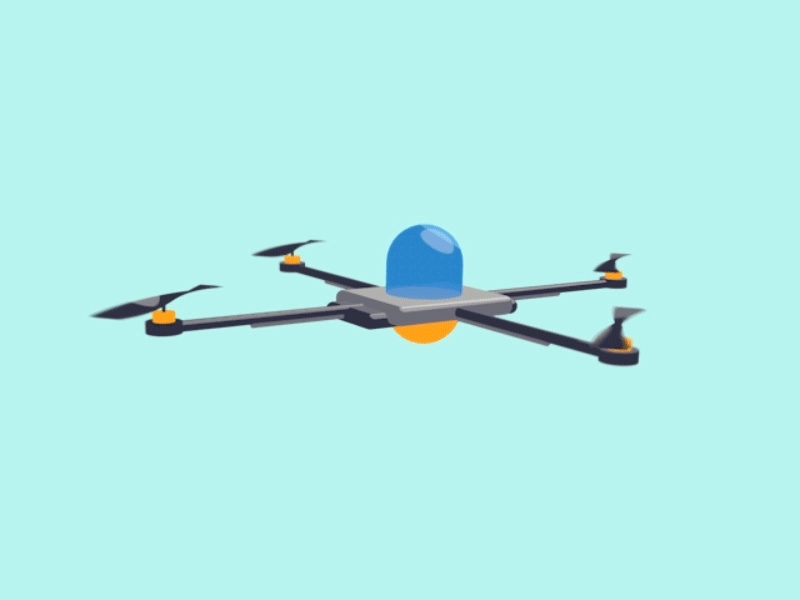You can find me on twitter @bhutanisanyam1
Diary of a Flying Car Engineer #2
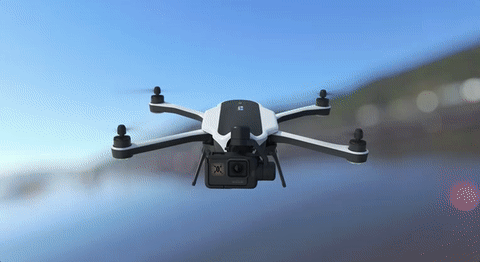
This post provides a walkthrough of the Components involved in building a Quadcopter by giving a walkthrough of the components of Our Flying Car Test Platform, The Crazyflie 2.0
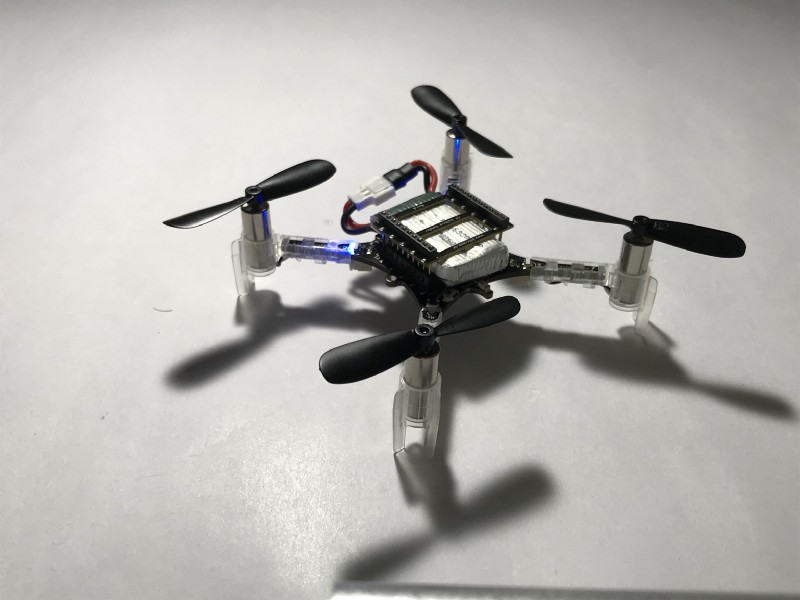
Note: For the Crazyflie, Airframe has the ESCs, Flight Computer and Airframe are all in built on the Airframe.
Airframe
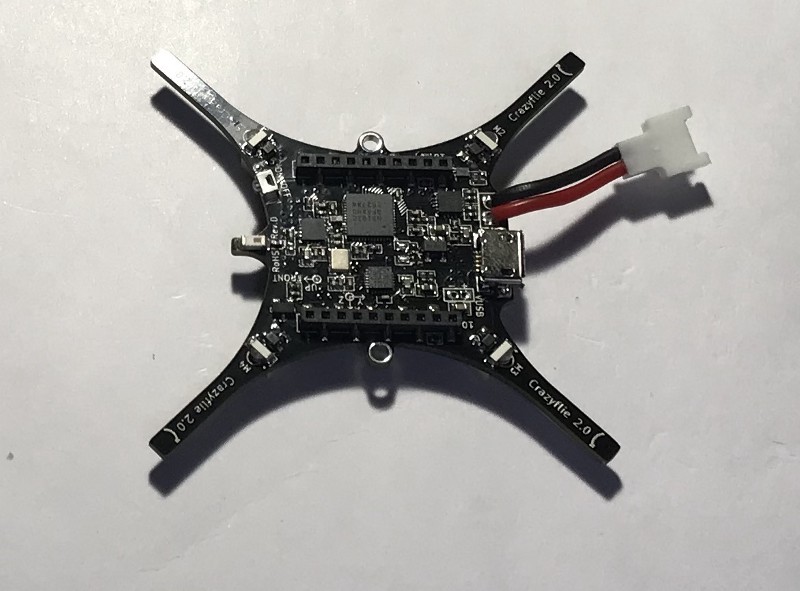
- It’s the chasis of our Quad.
- Holds all the Motors and ESCs in place.
- All of the components are mounted on it.
- Ideal candidates are light enough to allow flights and Strong enough to endure crashes.
- The material of choice here is Carbon Fibre.
- Our Drone kit features a plastic airframe
Autopilot + Flight Controller
Note: The two are mentioned are as a combined unit for simplicity However have some significant technical different tasks. Autopilot controls the motors and Flight Controller-Flight execution.
- Brains of the Drone.
- Controls the Motors and executes the Flight plan.
- Works based on readings from IMU and GPS.
- Runs calculations under the hood that are required to control the ESCs
ESC
- Electronic Speed Control
- Used to interface between the Motors and Flight Controller
- Directs the battery power and control between the two componenets
Battery
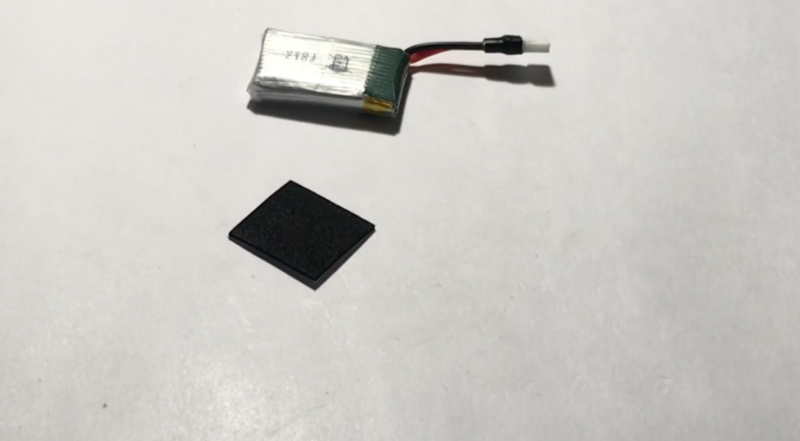
- Powerhouse of the Drone, powers the complete machine.
- Should be light enough to allow flight and powerful enough to allow a sustained flight for the flight duration.
- We have a tiny LiPo battery for our kit.
- LiPo is again the material of choice since it delivers all of the above factors.
Motors
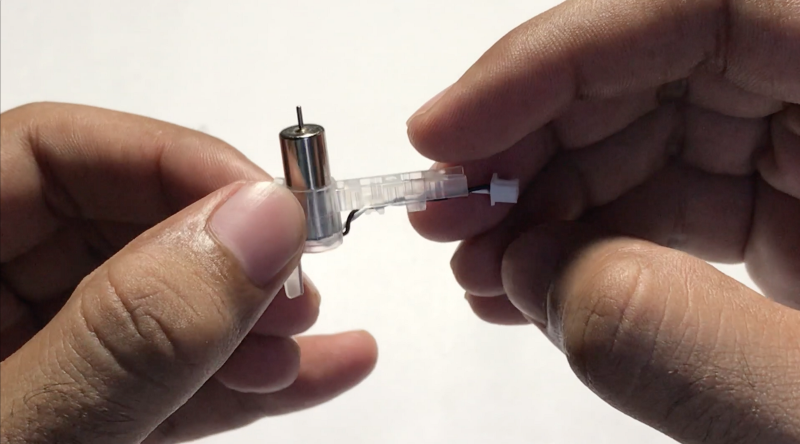
- Motors should be powerful enough to allow flying.
- They should also be efficient enough to allow long durations of flight.
- BLDC motors are featured in the bundle since they champion the above factors.
IMU
- Inertial Measurement Unit.
- As the name suggests, give various measurements of the changes in inertia.
- In simpler terms, give the current orientation and heading of our Quad.
Propeller
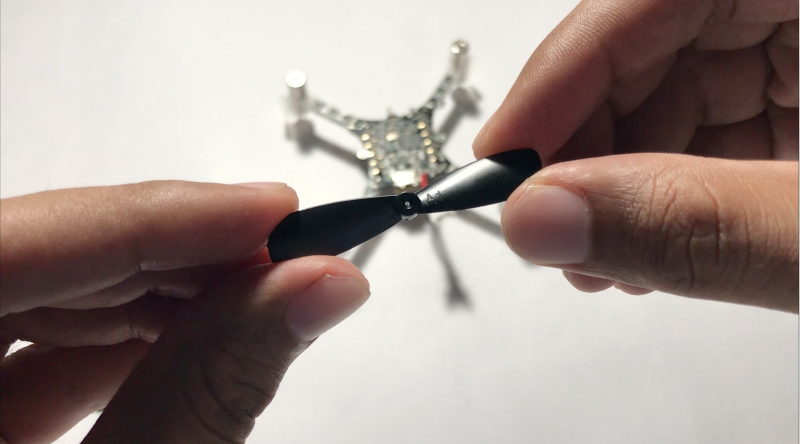
- Pull the Air Downwards (Tractors)
- Act as Wings for Flights.
- Should produce enough Thrust for our Flying needs.
Note: Pitch: The twist of the propellers-is the linear distance moved by the Propellers in one complete rotation.
- Generally speaking, Thrust depends on the RPMs of motors.
- Bigger propellers are more efficient.
- Greater Pitch allow more manoeuvrability.
You can find me on twitter @bhutanisanyam1
Subscribe to my Newsletter for updates on my new posts and interviews with My Machine Learning heroes and Chai Time Data Science

